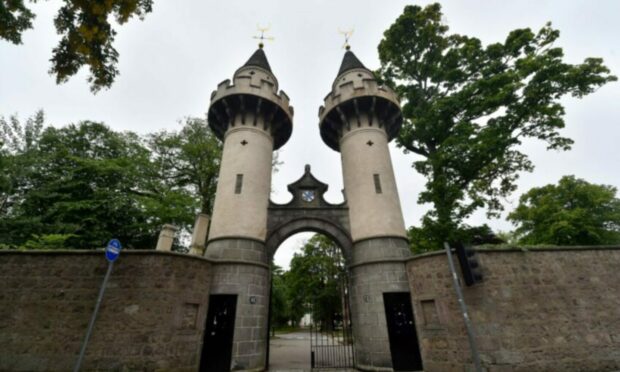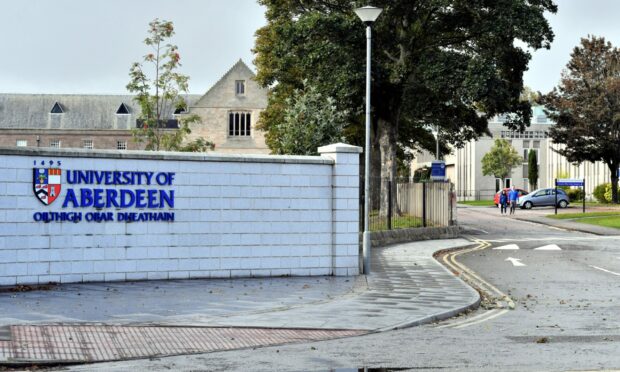Aberdeen University is being urged to lead the way in pushing for a £1.8 million north-east teaching fund to be returned to Jamaica.
Camilo Torres Barragán, vice president for communities at the university’s student association, said the remaining money in the controversial Dick Bequest should be used as part of “reparations” for Scotland’s role in the historic slave trade.
He spoke out ahead of a key meeting of the university’s senate this week.
Senate meeting
Bosses at the ancient institution will decide on Wednesday whether to reappoint two governors to the trust which oversees the Dick Bequest.
Mr Barragán said it would not be right for the university to miss an opportunity to lead the way towards “acknowledging and challenging the repercussions of imperialism”.
The meeting comes just days after we revealed an Aberdeenshire councillor decided to refuse the authority’s nomination for him to sit on the trust.
That followed a row over the use of “blood money” in local schools.
What is the Dick Bequest?
The fund has been issuing grants to teachers and schools in Aberdeenshire and Moray for almost two centuries, since the death of Forres-born merchant James Dick.
Last year, two historians revealed that the money was directly linked to the fortune Mr Dick made as a slave trader in the Caribbean.
David Alston and Donald Morrison called for the money to be returned to Jamaica.
But Mr Alston has criticised the existing trust for failing to take any action in the wake of the revelations about the fund.
There are 10 trustees, of which five are lawyers elected by the Society of Writers to the Signet.
A further two are put forward by the senate of Aberdeen University and three are appointed by Aberdeenshire and Moray councils.
Campaigners believe the only way the money can now be redirected is if the organisations involved refuse to reappoint trustees.
Such a move would enable regulators to take control of the cash and potentially use it for a different purpose.
However, Mr Barragán said the university’s Senate should continue to appoint two trustees, but also ensure they would fight for change.
“We welcome the university’s interest in interrogating itself about race, racism and colonialism, and its plans for change,” he said.
‘Positive transformations’
Mr Barragan said the university must take “real positive action”, adding: “It wouldn’t be right for the university to miss an opportunity to lead the way towards acknowledging and challenging the repercussions of imperialism.
“In that sense, we would encourage the members of senate to keep the university’s places at the fund’s trustee board, while making sure that the people in those positions are ready to lead the debate towards reparations and a more progressive use of those funds.”
Aberdeen University has pledged to work to recognise the legacies of historic slavery.
Dr Richard Anderson is leading research into the legacy of historic slavery to the university within the context of the wider region.
Earlier this month, Aberdeenshire Council’s education committee agreed to appoint Councillor Andrew Hassan and Councillor Gordon Lang to the Dick Bequest trust.
However, the council was criticised over the move, amid claims it had failed to take a stand against slavery.
Mr Hassan last week confirmed he would no longer be accepting the nomination.



